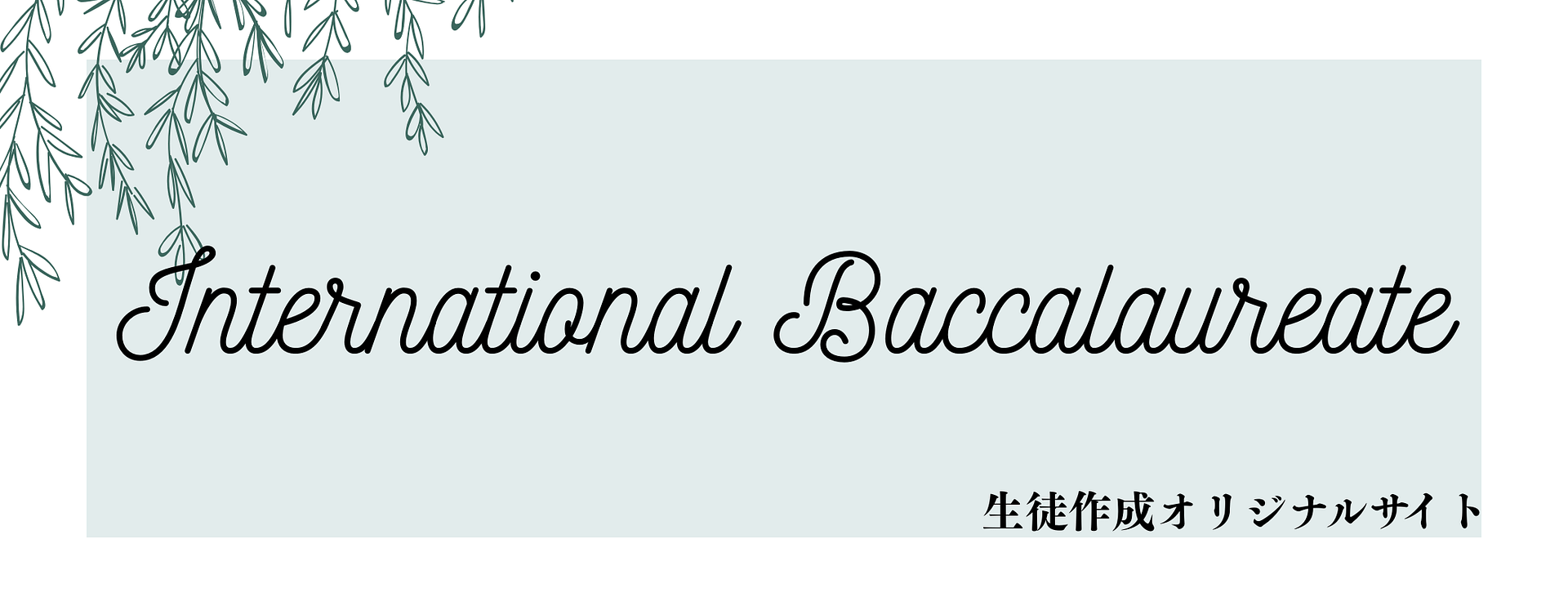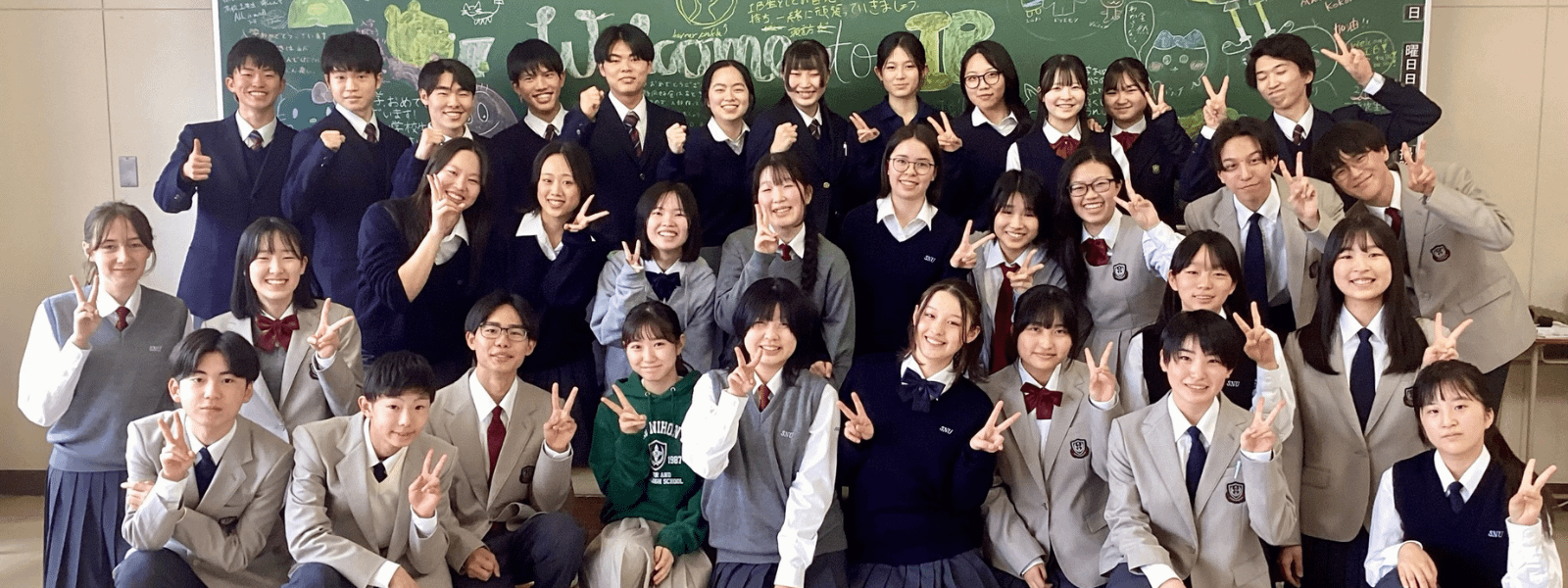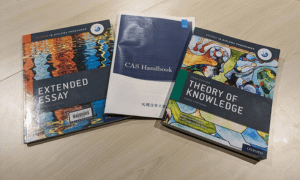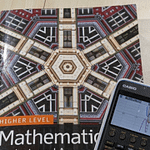The core subjects constitute as an essential element of the International Baccalaureate (IB)
curriculum, so much so that they can be rightly considered the heart of the program.
The IB program is structured around three core subjects and six subject groups. The core and every subject group are all interconnected, that each can impact the whole IB course.
When you hear “Core,” you might find yourself wondering, “What does that entail?”
The Core consists of three components:
- Theory of Knowledge (TOK)
- Creativity, Activity, Service (CAS)
- Extended Essay (EE)
If these terms are unfamiliar, don’t worry. Here is a brief explanation of each component:
- TOK
Theory of Knowledge, also called TOK is a subject dedicated to exploring the question, “What is knowledge?“ For example, you might reflect on questions such as: “In the education you’ve received, what kinds of knowledge have been prioritised, and what kinds have been overlooked? Why is that?” Students engage in thoughtful discussions in TOK with their classmates, expanding their understanding of various areas of knowledge. Although it might sound like philosophy or ethics, TOK is distinct from both. - CAS
CAS stands for Creativity, Activity, and Service. It involves activities designed to
encourage students to take initiative and contribute to society as responsible, proactive
individuals. Examples of CAS activities include:
- Participating in community clean-up events
- Organizing and hosting donation drives
- Creating and posting videos on social media to raise awareness about environmental issues
This element of the IB program highlights developing not only academically inclined students but also well-rounded individuals.
3. EE
The Extended Essay (EE) is an independent research paper where students delve into a
topic, they choose from one of the six IB groups, typically in a subject they are studying
at the Higher Level (HL).
The essay requires a minimum of 3,200 words in English and 8,000 words in Japanese.
This might seem overwhelming for those who are only familiar with the Japanese
education system, so think of it like a university thesis – it offers students an opportunity to explore a subject in depth and demonstrate their research and writing skills.





